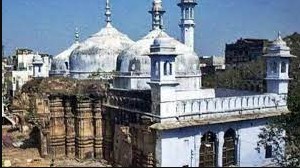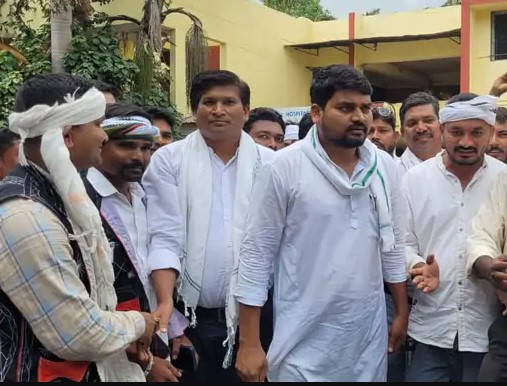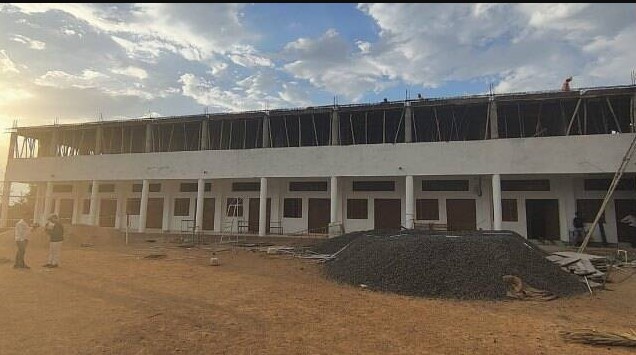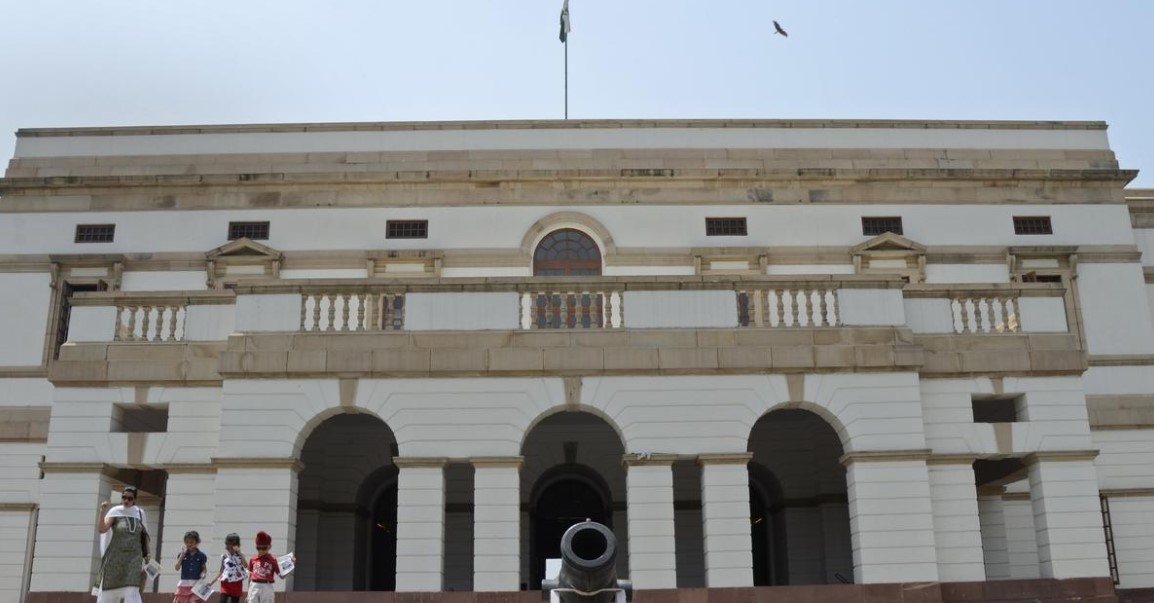
The Gyanvapi mosque in Varanasi, India, has been the subject of a legal dispute for many years. In 2023, the Allahabad High Court ruled that a scientific survey of the mosque complex was necessary in the interest of justice. The survey was conducted by the Archaeological Survey of India (ASI) and concluded that there was evidence that the mosque was built on top of a Hindu temple.
The ASI's findings have been met with mixed reactions. Some people believe that the survey proves that the mosque was illegally built and should be demolished. Others believe that the survey does not prove anything and that the mosque should be allowed to remain.
The Supreme Court of India has stayed the implementation of the ASI's findings pending further hearing. The court has also ordered that the mosque complex be kept open for Muslims to offer prayers.
The Gyanvapi case is a complex and sensitive issue. It raises important questions about religious freedom, property rights, and the preservation of historical heritage. The outcome of the case is likely to have a significant impact on the religious landscape of India.
Here is a more detailed account of the events leading up to the ASI's survey and the court's ruling:
1.)In May 2023, four Hindu women filed a petition in the Varanasi district court seeking permission to worship at a shrine inside the Gyanvapi mosque complex. The women claimed that the shrine was a shivling, or a representation of the Hindu god Shiva.
2.)The district court ordered a video survey of the mosque complex to determine whether the shrine existed. The survey, which was conducted by a team of court-appointed lawyers and experts, concluded that there was a "Shivling" in the ablution pond area of the mosque complex.
3.)The mosque committee filed an appeal against the district court's order in the Allahabad High Court. The high court stayed the implementation of the district court's order and ordered a further survey of the mosque complex by the ASI.
4.)The ASI conducted a scientific survey of the mosque complex from May to August 2023. The survey concluded that there was evidence that the mosque was built on top of a Hindu temple.
5.)The ASI's findings were submitted to the Allahabad High Court in August 2023. The high court is still hearing the case and has not yet issued a ruling.
The Gyanvapi case has been the subject of much controversy. Some people believe that the ASI's findings are proof that the mosque was illegally built and should be demolished. Others believe that the survey does not prove anything and that the mosque should be allowed to remain.
The Supreme Court of India has stayed the implementation of the ASI's findings pending further hearing. The court has also ordered that the mosque complex be kept open for Muslims to offer prayers.
The Gyanvapi case is a complex and sensitive issue. It raises important questions about religious freedom, property rights, and the preservation of historical heritage. The outcome of the case is likely to have a significant impact on the religious landscape of India.
In addition to the legal and religious aspects of the case, the Gyanvapi dispute has also been seen as a proxy for the larger political and cultural conflict between Hindus and Muslims in India. The case has been used by both sides to mobilize their respective communities and to advance their political agendas.
The Gyanvapi case is likely to continue to be a source of tension and conflict in India for many years to come. It is a case that raises fundamental questions about the nature of religious freedom and the relationship between religion and the state in India.










